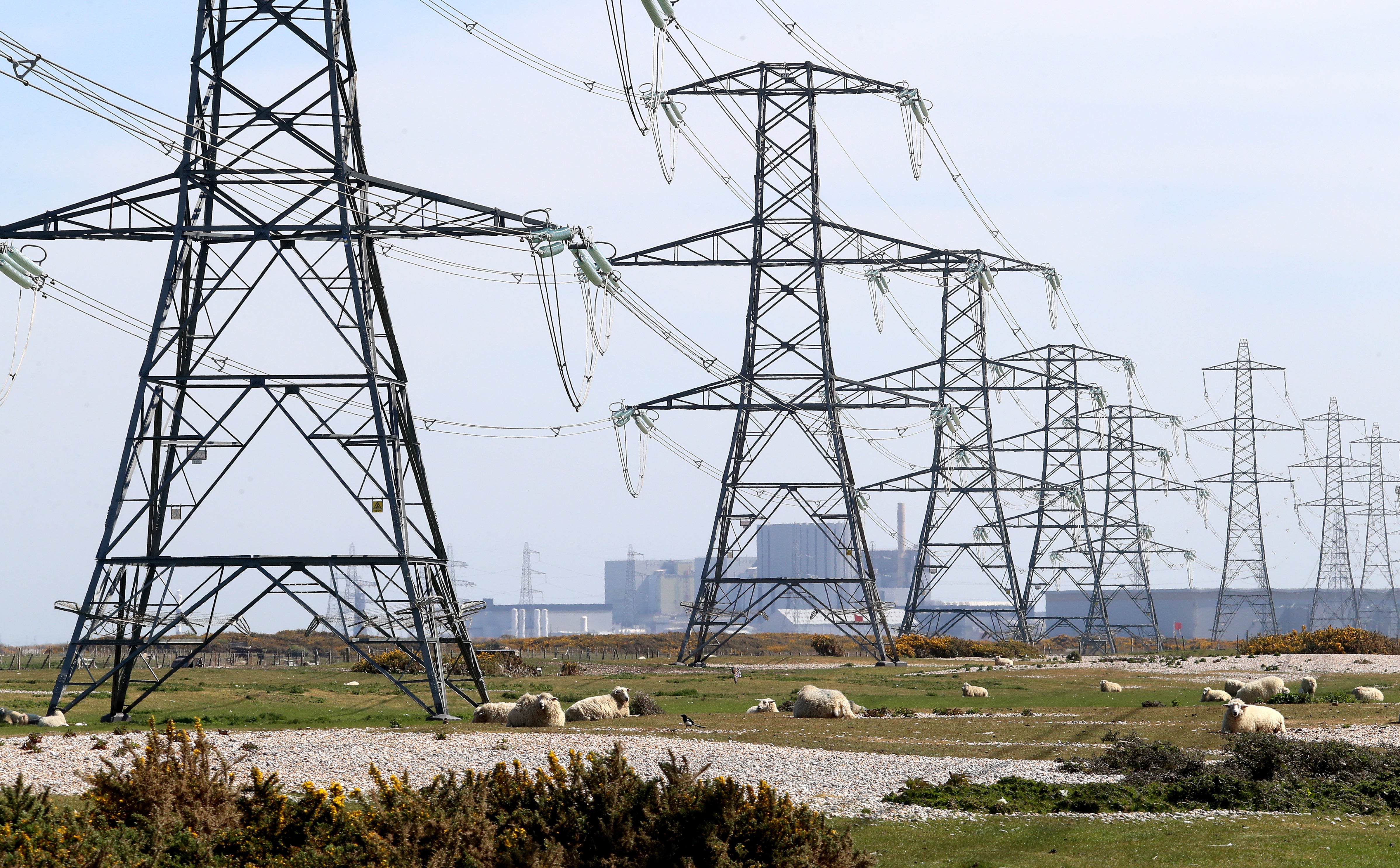Ofgem opens probes into two electricity producers
The energy regulator said it is considering whether two companies have overcharged to slow their production.

Your support helps us to tell the story
From reproductive rights to climate change to Big Tech, The Independent is on the ground when the story is developing. Whether it's investigating the financials of Elon Musk's pro-Trump PAC or producing our latest documentary, 'The A Word', which shines a light on the American women fighting for reproductive rights, we know how important it is to parse out the facts from the messaging.
At such a critical moment in US history, we need reporters on the ground. Your donation allows us to keep sending journalists to speak to both sides of the story.
The Independent is trusted by Americans across the entire political spectrum. And unlike many other quality news outlets, we choose not to lock Americans out of our reporting and analysis with paywalls. We believe quality journalism should be available to everyone, paid for by those who can afford it.
Your support makes all the difference.Ofgem is probing two companies to find out if they overcharged the grid to lower their production levels.
The energy regulator said it was looking into whether EP SHB, which owns the South Humber Bank gas power plant, and SSE Generation broke the terms of their licences in a way that could have ultimately pushed up household energy bills.
A key part of ensuring that the lights stay on across Britain is to balance the grid.
This means it is important that power plants do not generate more electricity than households and businesses use at any given point, and vice versa.
To do this the grid can ask electricity generators to stop producing, or reduce the amount of electricity they are putting into the grid.
In return the grid will often pay these producers to turn off or reduce their production.
But Ofgem is now looking into whether SSE Generation at times requested too much money to stop or slow production from its Foyers pumped storage power station.
The site works by pumping water from Loch Ness to Loch Mhor when electricity is in good supply.
It then allows gravity to push the water back down to Loch Ness, pushing it through a generator on the way to create electricity.
To slow production SSE Generation charged the grid prices of up to £60 per megawatt hour (MWh) starting in May 2020.
This was “significantly more expensive” than the prices it had submitted in the past, Ofgem said.
The regulator will probe whether this breaks the duty of generators not to charge “excessively expensive” prices.
Meanwhile, between October 2019 and May 2021 EP SHB regularly set bid prices of £0 to reduce production at its gas plant, “a level which was particularly expensive for a gas-fired power station”, Ofgem said.
Reducing gas production also means that producers save money that they would otherwise spend on buying gas to burn.
EP SHB said: “As this is an open investigation we have no comment to make at this stage.”
SSE said: “SSE notes Ofgem’s announcement this morning in relation to its Foyers pumped storage power station. As a responsible operator of generating assets, SSE will be complying fully with the investigation.”